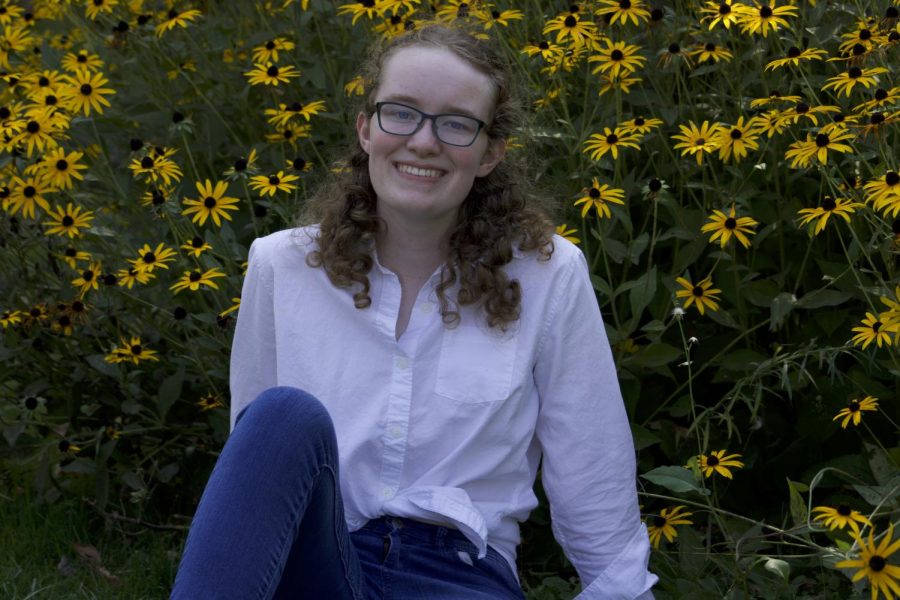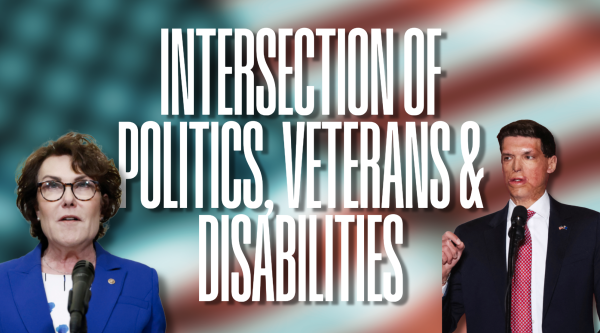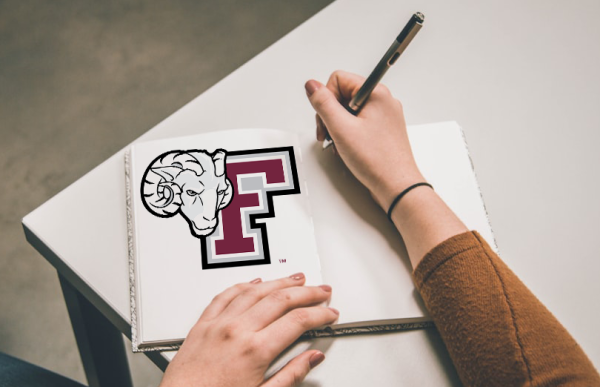Junior Researches Portrayal of LGBTQ+ Police Officers
Bogen worked over the summer to study the representation of LBGTQ+ police officers in media.
Over the summer, Dorothy Bogen, FCRH ’24, worked on a media studies project that focused on the portrayal of LGBTQ+ police officers in U.S. television.
Bogen looked at this issue through the perspective of abolishing the police and used those ideas to frame her research.
This required Bogen to look at many facets of the topic, from finding how many LGBTQ+ cops are represented in U.S. television, to researching police abolition and how LGBTQ+ communities have been historically targeted by the police.
“The ultimate thesis was basically the idea that even if these characters were otherwise positive representation, they maybe weren’t the most progressive forms of representation because they were upholding ideas about policing,” said Bogen.
Bogen’s research presents an interesting issue because, unlike other civil rights and liberation movements in America, Bogen said that LGBTQ+ rights movements have not seen policing as a major obstacle to their aims.
“There obviously is a deep history of the police targeting people and our ideas of criminality are influenced by homophobia, but at the same time I think for a lot of white, LGBTQ+ people, there’s not a lot of critique of LGBTQ+ people within the cop system,” said Bogen.
Bogen has been interested in the idea of “copaganda” for a long time. She wrote and completed two previous papers on the subject both at Fordham and during her senior year of high school. Additionally, exposure to the issues in shows like “Brooklyn Nine-Nine,” in fan discussion forums, helped to form her interest in the subject. However, after taking a queer theories class from Professor Jennifer Moorman, Ph.D., at Fordham, Bogen approached Moorman about potential internship opportunities.
Moorman told Bogen about her research and asked if she wanted to help out. This ended up evolving into Bogen’s own project.
To go about researching this topic, Bogen first collected data about LGBTQ+ characters on television that played cops.
Then, in July, Bogen started doing more in-depth case studies on two cop shows: “NCIS Hawaii” and a Netflix show called “Q-Force.”
Bogen watched these shows and took notes to use as concrete examples in her paper. At the same time, she was reading books on the issues of police abolition and the connection between homophobia and policing to use as background for her paper. All of this research will culminate in Bogen’s draft of her final paper, which she is currently still working on.
In the shows that Bogen did her case studies on, she found that the LGBTQ+ characters were positive representations because they have healthy relationships, they’re well-rounded and have character development and their storylines aren’t just based upon them coming out.
However, Bogen understands these shows are not perfect.
“Within these shows, they’re also obviously participating in policing, and because they’re LGBTQ+, these shows and policing in real life can kind of claim this veneer of progressivism because they can say that they’re inclusive to gay people too, and so that’s also where I think it gets a bit insidious as well,” said Bogen.
In the future, Bogen is interested in publishing her paper in Fordham’s Undergraduate Research Journal.
In her long-term plans, Bogen is also considering going to graduate school for media studies, so having the experience and opportunity of completing a research project at the undergraduate level would be a great stepping stone for Bogen’s future plans.
More broadly, Bogen’s research into this topic has inspired her to become more involved in abolitionist organizing and to think more critically about the kinds of media that she consumes on a daily basis.
“I never want someone to look at this research and think ‘oh my god, I’m a terrible person because I love “Law and Order,”’ but it’s also important to think critically about what we consume and also get involved in more active ways,” said Bogen.















































































































































































































